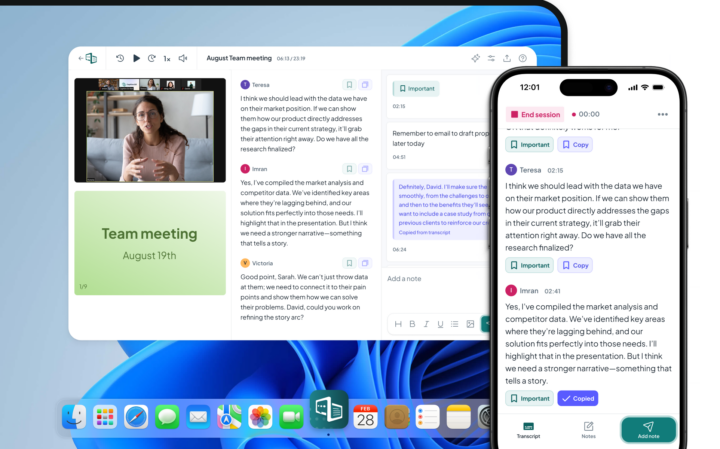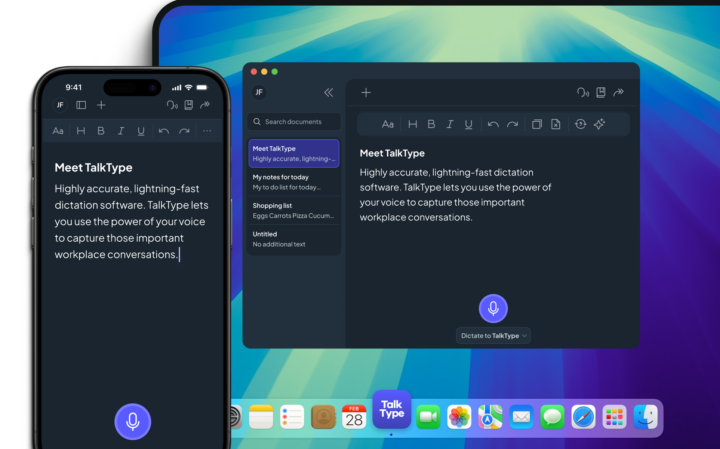Organisational Skills FAQs
Can I develop organisational skills if I’m a naturally disorganised person?
Absolutely. Being naturally disorganised doesn’t mean you’re stuck that way forever. It just means you might need to work a bit harder to build the habit. Start with one or two small changes rather than trying to transform everything at once. Over time, those small wins add up, and what felt unnatural at first starts to become second nature.
Is there such a thing as being ‘too organised’?
Yes, though it’s less common than the opposite problem. If organising takes up so much time that it gets in the way of actually doing the work, or if rigid systems stop you from adapting when things change, you’ve probably tipped over into over-organisation. The sweet spot is having enough structure to keep things running smoothly without becoming inflexible or wasting time perfecting systems that don’t need perfecting.
Which organisational skills do employers look for?
Employers value time management, the ability to prioritise effectively, and strong planning skills. They also look for people who can keep track of multiple projects without dropping the ball and can communicate clearly about timelines and deadlines. Basically, they want to know you can manage your own workload without constant supervision.
How long does it take to become more organised?
It varies from person to person, but you can usually see improvements within a few weeks if you’re consistent. Building lasting habits takes longer (typically around two to three months). The key is to stick with it even when it feels awkward or time-consuming at first. Once the habits settle in, staying organised takes far less effort than it did in the beginning.





